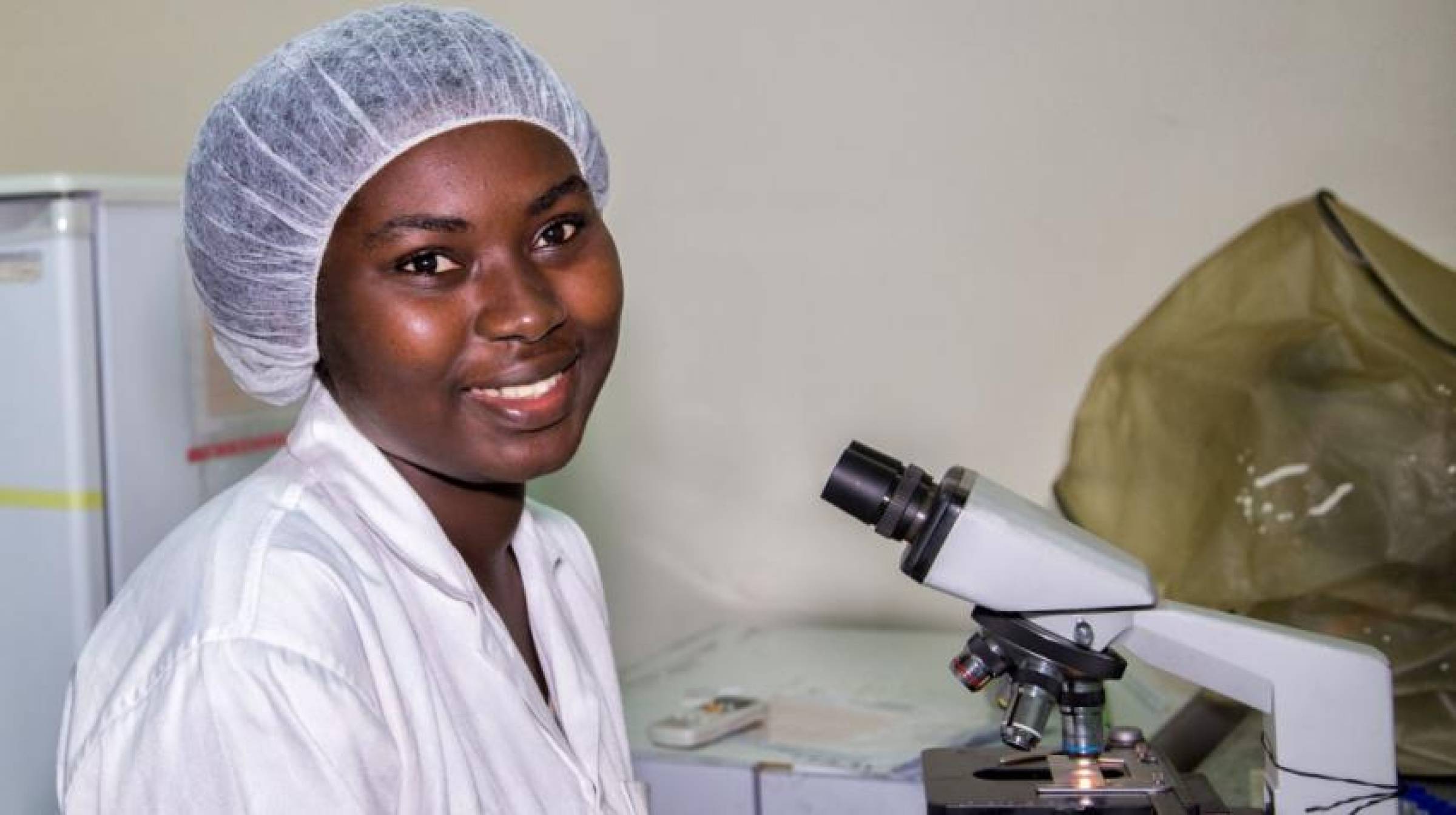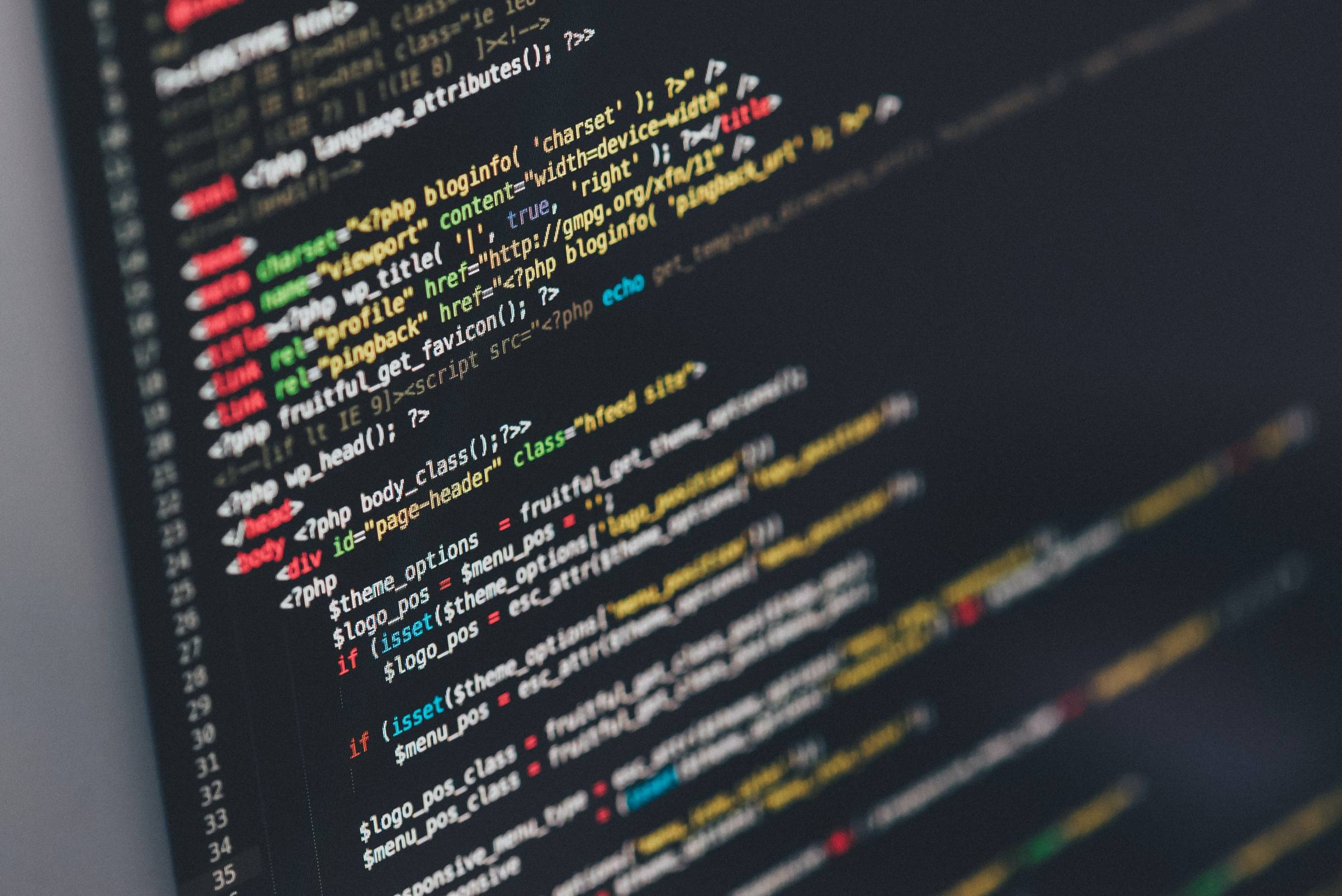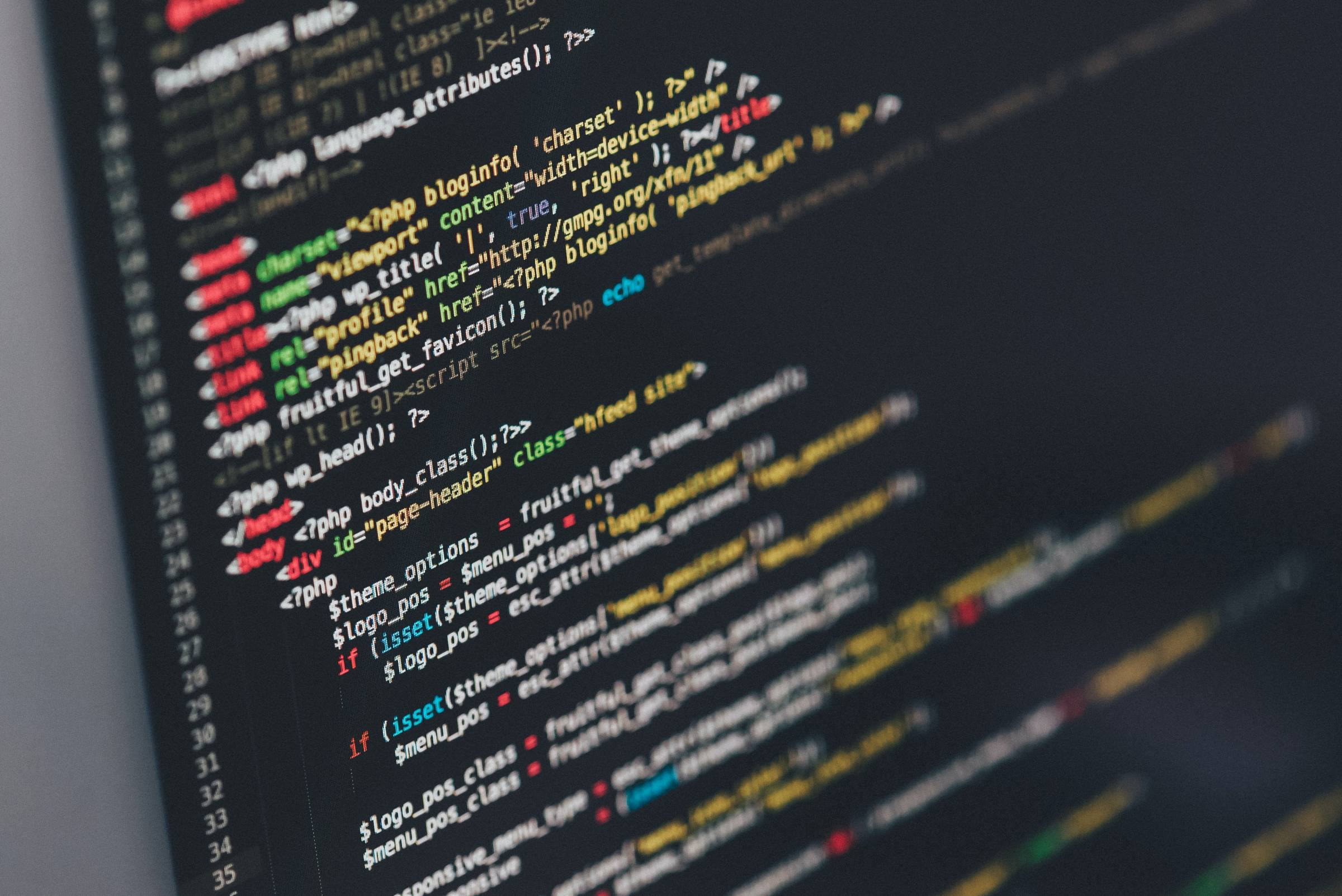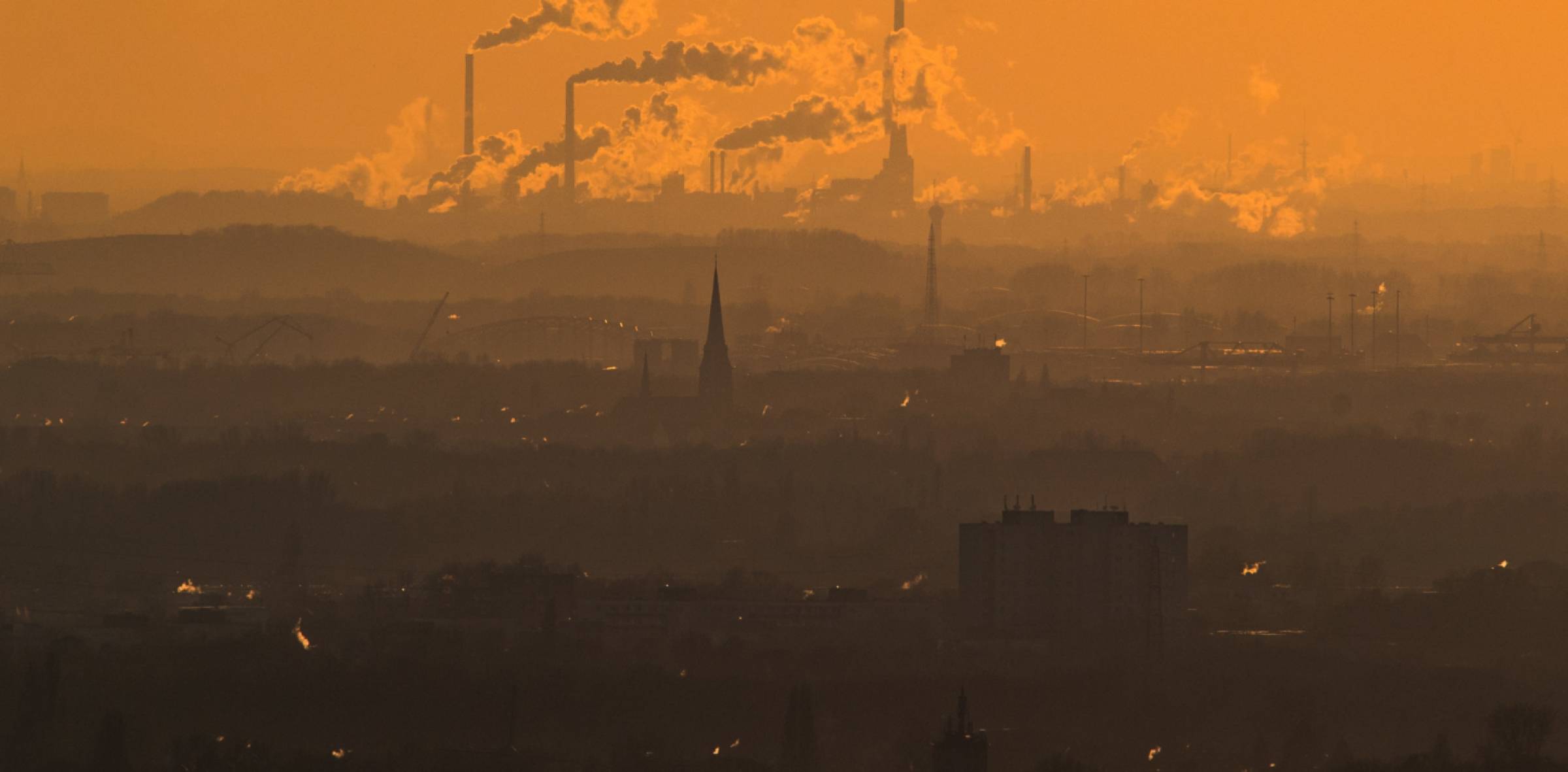Through its unique capacities as the world’s premiere vehicle for international cooperation, the UN system plays a crucial role in coordinating assistance of all kinds — to help Africa help itself. From promoting the development of democratic institutions, to establishing peace between warring nations, the UN is present on the ground supporting economic and social development and the promotion and protection of human rights.
In this effort, the UN works closely with Africa’s regional cooperation mechanisms and has six active peacekeeping operations at present. UN peacekeepers serve in the Central African Republic, the Democratic Republic of the Congo, in Mali, Western Sahara, South Sudan and Sudan - one mission in Darfur (with the African Union) and one in the disputed Abyei area.
To advance its support for Africa even further, the United Nations Office of the Special Adviser on Africa was established in 2003 to enhance international support for African development and security and to improve coordination of UN system support. It also works to facilitate global deliberations on Africa, particularly with respect to the New Partnership for Africa’s Development (NEPAD) — a strategic framework adopted by African leaders in 2001. In 2019, NEPAD's mandate was reformed. It is now serving as the first development agency of the African Union.
Africa Day is an annual commemoration of the establishment of the Organization of African Unity (OAU) on May 25, 1963. On that day 32 independent African states signed the founding charter in Addis Ababa, Ethiopia. In 2002, the OAU became the African Union. Africa Day is celebrated around the world.
Challenges for Africa
Climate change
Climate change poses a significant threat to economic, social and environmental development in Africa. There is strong evidence that warming in Africa has increased significantly over the past 50 to 100 years, with clear effects on the health, livelihoods and food security of people in Africa. Climate change is likely to lessen crop yields, increase water scarcity, aggravate biodiversity loss and contribute to desertification, hence imposing a severe challenge on the continent.
Hunger and malnutrition
The number of persons suffering from hunger continues to rise, particularly in 2019-2020. The worsening of the state of food security and nutrition in Africa is spurred on mainly by conflicts, climate change and economic slowdowns following the COVID-19 pandemic.
The 2021 report, entitled "Africa, Regional Overview of Food Security and Nutrition," published by the African Union Commission, FAO and the UN Economic Commission for Africa, calls for all of the continent's countries to transform the food industry. Countries will need to invest in agriculture and related sectors, as well as in water, health, and in education services to reduce vulnerabilities and build capacities to withstand shocks.
In 2020, 281.6 million of Africans suffered from hunger. According to the report, the numbers vary across the subregions; the number of undernourished people reaches about 44% in Eastern Africa, 27% in Western Africa, 20% in Central Africa, 6,2% in Northern Africa and 2,4% in Southern Africa.
Ebola
On 23 March 2014 WHO’s African Regional Office reported an outbreak of Ebola virus disease in Guinea. It has quickly spread to other countries in West Africa. The outbreak has been the largest and most complex Ebola outbreak since the Ebola virus was first discovered in 1976. The Ebola epidemic in West Africa has destroyed lives, decimated communities, and orphaned children in the affected countries. More than 11,000 people have died of the disease. The epidemic has slowed down economic growth and closed businesses, affecting the livelihood of millions of the poorest and most vulnerable people in the region. As part of the response, on 19th September 2014, the international community established the first ever emergency health mission the UN Mission for Ebola Emergency Response. The mission closed on 31 July 2015, having achieved its core objective of scaling up the response on the ground.
Peacekeeping
Addressing the challenges posed by protracted conflicts and longstanding disputes on the African continent has been a major focus for the UN. In 1960 the first peacekeeping operation in Africa was deployed in the Republic of the Congo to ensure the withdrawal of Belgian forces and to assist the Government in maintaining law and order.
Since then thousands of peacekeepers have been deployed in more than 30 peacekeeping operations to African countries, including Angola, Mozambique, Somalia, Sierra Leone, Ethiopia and Eritrea, Burundi and Sudan. The latest peacekeeping mission was established in 2014 in the Central African Republic.
International Criminal Tribunal for Rwanda
The UN Security Council established the International Criminal Tribunal for Rwanda (ICTR) to "prosecute persons responsible for genocide and other serious violations of international humanitarian law committed in the territory of Rwanda and neighbouring States in 1994". During its operation, the Tribunal indicted 93 individuals including high-ranking military and government officials, politicians, businessmen, as well as religious, militia, and media leaders.
With its sister international tribunals and courts, the ICTR has played a pioneering role in the establishment of a credible international criminal justice system, producing a substantial body of jurisprudence on genocide, crimes against humanity, war crimes, as well as forms of individual and superior responsibility.
The ICTR is the first ever international tribunal to deliver verdicts in relation to genocide, and the first to interpret the definition of genocide set forth in the 1948 Geneva Conventions. It is also the first international tribunal to define rape in international criminal law and to recognise rape as a means of perpetrating genocide, as well as the first international tribunal to hold members of the media responsible for broadcasts intended to inflame the public to commit acts of genocide.
The ICTR delivered its last trial judgement in December 2012. Since then the Mechanism for International Criminal Tribunals has assumed responsibility for the ICTR's residual functions including cases before the appeals chamber and the tracking and arrest of the accused who remain fugitives from justice.
Achievements
Decolonization
At the end of World War II in 1945, nearly every country in Africa was subject to colonial rule or administration. Following the founding of the UN in 1945 and its massive decolonization effort, Africa is now virtually free from colonial rule. In 2011, South Sudan became Africa’s newest country when it gained independence from the rest of Sudan.
Economic Growth
The continent's economy grew by roughly 3.4 percent in 2019, creating one of the longest stretches of uninterrupted positive economic expansion in Africa's history. As a result, a growing number of Africans have joined the middle class each year. However, in 2020, Africa experienced a 3.4 percent contraction in GDP. The country is expected to achieve a modest recover in 2021, predicted on the increase of export and commodity prices and the rise of domestic demand.
Advancement of Women
In eleven African countries, women hold close to one-third of the seats in parliaments, according to Women in Parliament in 2020. With 61 percent, Rwanda has the highest proportion of women parliamentarians in the world. Africa has the highest regional female entrepreneurial activity rate in the world. One in four women starts or manages a business. Rwanda and Namibia, two Sub-Saharan African countries, belong to the top ten of the most gender-equal countries, according to the 2021 World Global Gender Gap Report.
Continental Agenda 2063
In January 2015 the Heads of State and Governments of the African Union adopted Agenda 2063. The vision and ideals in the Agenda serve as pillars for the continent in the foreseeable future, which will be translated into concrete objectives, milestones, goals, targets and actions/measures.
Agenda 2063 strives to enable Africa to remain focused and committed to the ideals it envisages in the context of a rapidly changing world.
Resources








